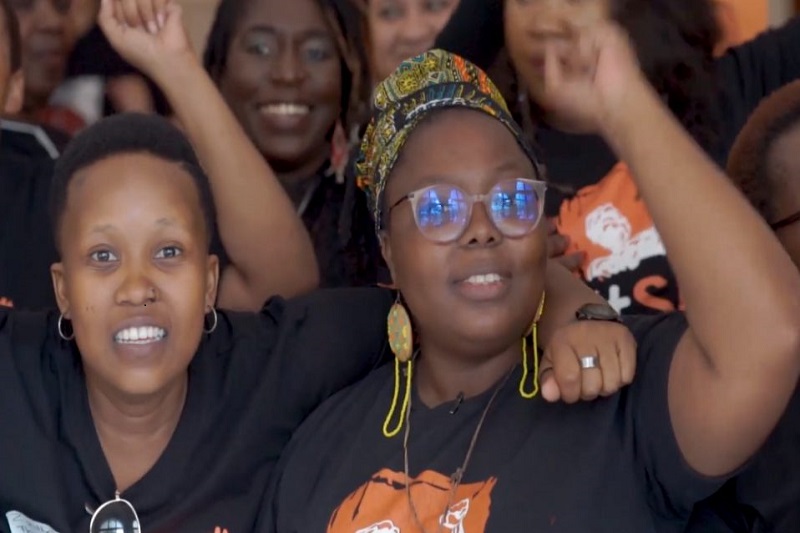Last updated on December 12th, 2022 at 08:04 am
In an effort to fight the rising rate of violence against women, the government of South Africa has proposed legalizing prostitution as part of a broader proposal to decriminalize the practice. According to the proposed legislation that has been brought up by the Department of Justice, it will no longer be considered illegal to provide or receive sexual services.
There are approximately 150,000 prostitutes in the country, according to various organizations. At a press conference held on Friday, the Minister of Justice, Ronald Lamola, stated that “it is hoped that decriminalization will lessen human rights violations against sex workers.” “It would also enable improved access to treatment and protection for sex workers, better working conditions, and less prejudice and stigma,” he continued. “These are all things that would be made possible by this legislation.”
South Africa, which is one of the countries with the greatest HIV epidemic in the world, has been struck by a wave of violence against women. Between the years 2017–2018 and 2021–2022, there was a 13% increase in the number of rapes and sexual assaults, as indicated by the statistics that were issued by the police in November. If you don’t count the rapes that are never reported to the authorities, the police receive a report of a rape every 12 minutes.
Related Posts
According to South African President Cyril Ramaphosa, the number of murders of women increased by 52 percent in the first three months of the year in comparison to the same time period in the previous year.
“If sex workers are no longer labeled as criminals, they will be much better able to work much better with the police to combat violence,” wrote the prostitutes’ rights group SWEAT on Facebook, hailing the bill as incredible news.”
Recent events, like a crime spree in which eight women were raped in a group in July and the discovery of six bodies in a Johannesburg building in October, some of which were thought to be those of missing prostitutes, have shocked the country.
Despite the fact that South Africa’s post-apartheid constitution is one of the most progressive in the world and allows for progressive legislation on abortion and gay marriage, the stigma that surrounds sex workers has been around for a long time. President Cyril Ramaphosa’s recent decision that gender-based violence should be called the country’s main “pandemic” was made because “horrific” new stories about it are always in the news.
The justice minister has stated that the issue of regulating the sex business will be tackled at a later date; nevertheless, the draft that has been issued for public consultation only addresses decriminalization. After that, the law needs to be approved by Parliament, which is a process that will take several months.

